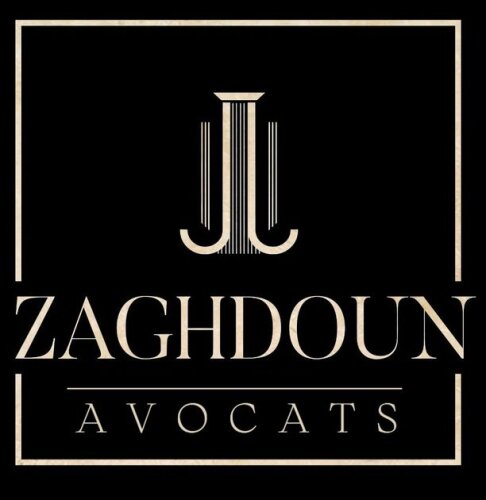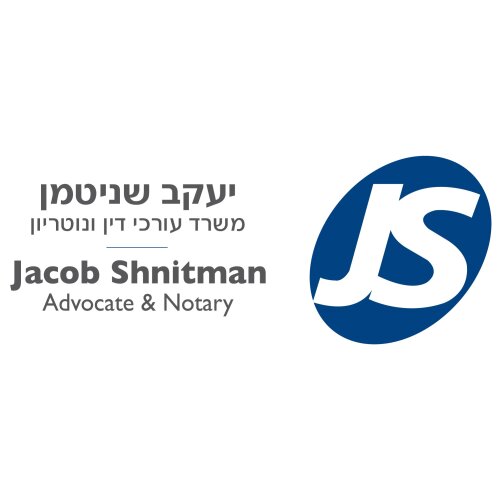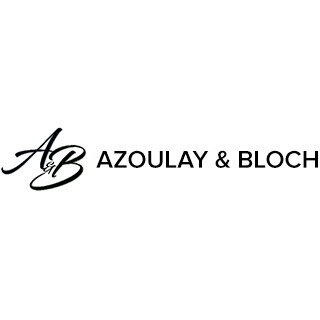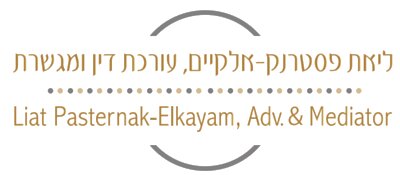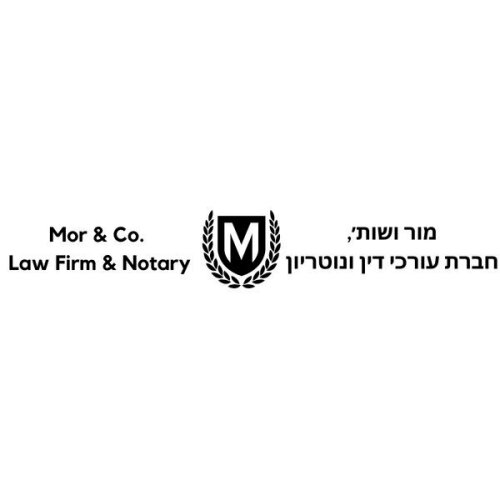Best Public-Private Partnerships (PPP) Lawyers in Jerusalem
Share your needs with us, get contacted by law firms.
Free. Takes 2 min.
List of the best lawyers in Jerusalem, Israel
About Public-Private Partnerships (PPP) Law in Jerusalem, Israel
Public-Private Partnerships (PPP) are collaborative arrangements between government entities and private sector companies to finance, construct, and operate projects that serve public needs. In Jerusalem, Israel, PPPs have become a vital instrument for advancing urban development, infrastructure projects, transportation, health, education, and municipal services. These partnerships allow the public sector to leverage private funding, expertise, and efficiencies while retaining oversight and serving the public interest. PPPs in Jerusalem are regulated by a blend of national and municipal laws, policies, and guidelines intended to ensure fairness, transparency, and the delivery of high-quality public services.
Why You May Need a Lawyer
Engaging in a PPP project in Jerusalem, Israel, can entail legal complexities and risks for both private entities and public bodies. You may need the help of a lawyer in many situations such as:
- Drafting, reviewing, or negotiating PPP contracts and agreements
- Participating in public tenders or requests for proposals for municipal projects
- Navigating regulatory approvals and compliance with Israeli and municipal laws
- Addressing disputes arising from project execution, delays, or performance failures
- Understanding financial structuring, risk allocation, and government guarantees
- Protecting intellectual property or proprietary business information within joint ventures
- Ensuring environmental compliance and land use approvals
- Interacting with multiple stakeholders including government agencies, investors, contractors, and the public
Local Laws Overview
Jerusalem, as Israel's capital, adheres to both national laws and specific municipal regulations regarding PPP arrangements. Key aspects include:
- Mandatory Tendering Laws: Most PPP projects are subject to Israel's Mandatory Tenders Law, which requires transparency and competitiveness in public procurement.
- Israel's PPP Framework: Israel does not have a single comprehensive PPP law, but it operates under a set of guidelines, policies, and Ministry of Finance procedures for PPP contracts, often referred to as BOT (Build-Operate-Transfer) or PFI (Private Finance Initiative) projects.
- Municipal Regulations: The Municipality of Jerusalem plays a significant role, particularly regarding planning permission, land allocation, zoning, and tax arrangements regarding PPP projects in the city.
- Sector-Specific Rules: Separate laws and guidelines may apply to infrastructure sectors such as transportation, water, waste management, healthcare, and public buildings.
- Oversight and Compliance: Agencies in charge include the Accountant General’s Office (Ministry of Finance), the Ministry of Justice, antitrust authorities, and local municipal bodies.
- Dispute Resolution: PPP agreements often require disputes to be settled through arbitration or Israeli courts, depending on contract terms.
Frequently Asked Questions
What is a Public-Private Partnership (PPP)?
A Public-Private Partnership (PPP) is a legally binding agreement between a public entity and a private company to finance, build, and operate projects or services traditionally provided by the public sector, such as infrastructure, schools, or hospitals.
How are PPP projects initiated in Jerusalem?
Typically, government ministries or municipal authorities identify public needs and initiate a formal tender process, inviting private sector participation. Qualification and selection criteria are set out in the tender documents.
What laws govern PPPs in Jerusalem?
PPPs in Jerusalem are governed by national tender laws, Ministry of Finance guidelines, sectoral regulations, and municipal legislation. There is ongoing coordination among these legal frameworks.
Are PPP contracts subject to public scrutiny?
Yes, due to the involvement of public funds and assets, PPP contracts in Jerusalem are generally subject to transparency rules, public procurement audits, and in some cases, judicial review.
What types of PPP models are used in Israel?
Common PPP models include Build-Operate-Transfer (BOT), Design-Build-Finance-Operate (DBFO), and long-term concession agreements. The allocation of responsibilities and risks varies by project.
Who are the main stakeholders in PPP projects?
Stakeholders typically include government authorities, municipal bodies, private investors, contractors, financiers, consultants, and sometimes the general public as beneficiaries of the project.
How are disputes in PPP projects resolved?
Many PPP contracts require disputes to be resolved through arbitration under specified rules, although litigation in Israeli courts or administrative tribunals is also possible, depending on contract terms.
What are the main risks involved in PPP projects?
Risks include financial viability, regulatory approvals, land use issues, construction delays, performance shortfalls, changes in law or government, and compensation or termination disputes. Risk allocation is a core part of PPP contract negotiation.
Can foreign companies participate in PPP projects in Jerusalem?
Foreign companies can participate, either directly or in consortium with Israeli firms, but they must comply with Israeli laws and meet specific local qualification requirements.
How long do PPP projects typically last?
PPP agreements in Jerusalem often span 10 to 30 years or more, depending on the project's nature, financing arrangements, and concession terms.
Additional Resources
If you need more information or official guidance on PPPs in Jerusalem, consider consulting the following organizations and bodies:
- Israel Ministry of Finance - Accountant General’s Office (Project Finance Unit) for PPP policy and guidelines
- The Ministry of Justice regarding legal frameworks and contract law
- Jerusalem Municipality for local PPP regulations, permits, and planning matters
- Israel Land Authority on land use and ownership for PPP projects
- The Antitrust Authority for competition law issues
- Israeli Chamber of Commerce and sectoral business associations
- Legal aid services specializing in commercial and infrastructure law
Next Steps
If you are considering involvement in a PPP project in Jerusalem, Israel, or facing a legal issue related to PPP, the following steps are recommended:
- Clearly define your objectives and role in the prospective project, whether as an investor, contractor, or public entity
- Gather all documentation, including tender notices, contracts, feasibility studies, and correspondence
- Consult a lawyer experienced in Israeli PPP, contract, and public procurement law
- Prepare specific questions or concerns about regulatory compliance, contract terms, or risk allocation
- Ensure that the legal adviser has a comprehensive understanding of both national and municipal frameworks relevant to Jerusalem
- Discuss potential risks, dispute resolution strategies, financing arrangements, and timelines
Lawzana helps you find the best lawyers and law firms in Jerusalem through a curated and pre-screened list of qualified legal professionals. Our platform offers rankings and detailed profiles of attorneys and law firms, allowing you to compare based on practice areas, including Public-Private Partnerships (PPP), experience, and client feedback.
Each profile includes a description of the firm's areas of practice, client reviews, team members and partners, year of establishment, spoken languages, office locations, contact information, social media presence, and any published articles or resources. Most firms on our platform speak English and are experienced in both local and international legal matters.
Get a quote from top-rated law firms in Jerusalem, Israel — quickly, securely, and without unnecessary hassle.
Disclaimer:
The information provided on this page is for general informational purposes only and does not constitute legal advice. While we strive to ensure the accuracy and relevance of the content, legal information may change over time, and interpretations of the law can vary. You should always consult with a qualified legal professional for advice specific to your situation.
We disclaim all liability for actions taken or not taken based on the content of this page. If you believe any information is incorrect or outdated, please contact us, and we will review and update it where appropriate.



